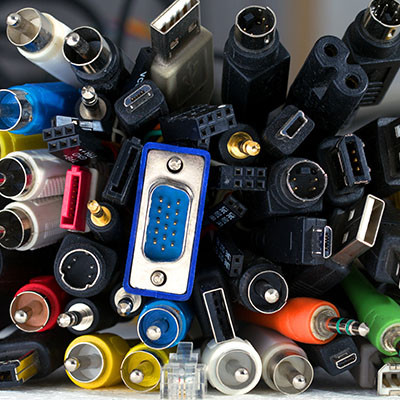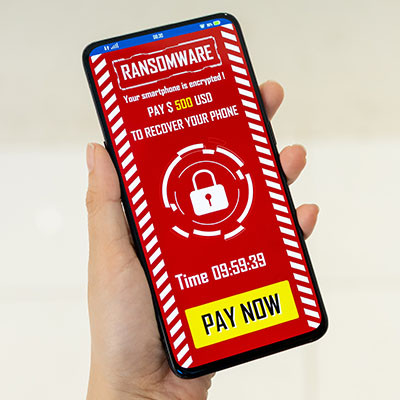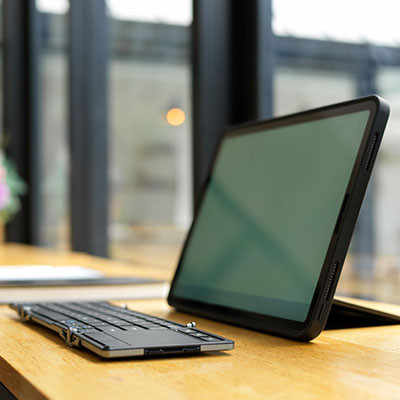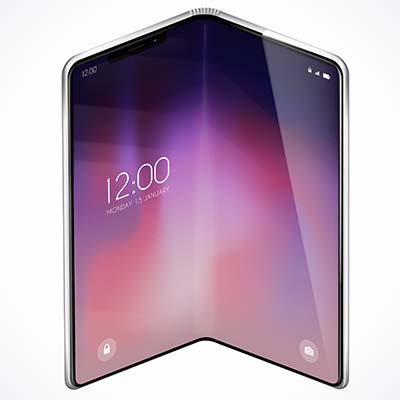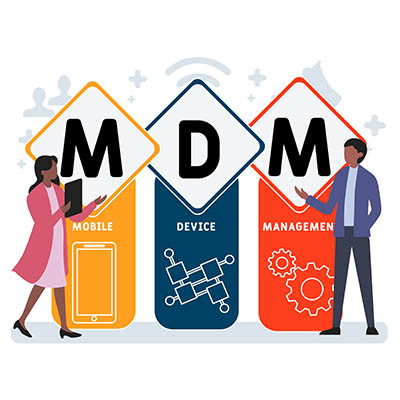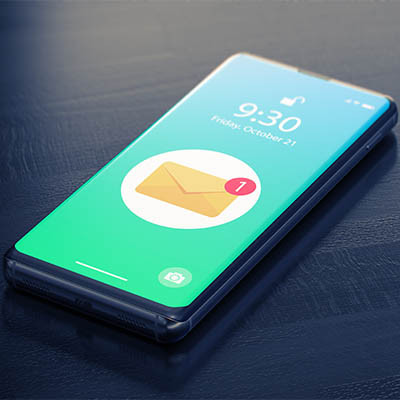Most businesses will find themselves holding on to spare technology, just in case they need it for any reason in the future. Storing this technology to ensure longevity, functionality, and safety is incredibly important. Today, we want to share some best practices to ensure that your stored tech will work as you need it to when it finally comes out of storage.
Osgood Unlimited Blog
The smartphone has become the go-to device for most people’s personal computing. With the aid of well-developed mobile applications, people are able to manage their digital lives, while also accessing resources that make managing all other aspects of their lives easier. Below are four tips to help you make the most of your smartphone.
We’ve all felt the momentary panic when we reach for our pocket to pull out our smartphone, only to realize that it’s not there. This panic is indicative of a deeper issue with how our society has become reliant on technology, so much so that we have miniature computers in our pockets at all times. Are you using your smartphone as a distraction tool or as a productivity tool? That’s what we’re trying to answer with today’s blog.
Smartphones have managed to hold out against ransomware a bit longer than other hardware and operating systems, but those days are coming to an end. It’s important to remember that the average smartphone is not protected with antivirus software and thus remains threatened by your standard ransomware attacks. It is absolutely critical that your business doubles down on its protection against ransomware, especially in the mobile market.
There were a few years there about a decade ago when everyone had to have the latest tablet and tech experts were predicting that most of the world’s productivity would be done using touchscreen devices. On one hand, they weren’t that far off. On the other hand, tablet sales fell off about as rapidly as they had spiked, leaving some question over the future of the form factor. Of course, tablets settled in as great personal computers, but their use in business has seemingly plateaued. Let’s take a look at how businesses use tablets and answer if they are right for your business.
The modern smartphone market is one of ingenuity, communication, and productivity, all of which are extraordinarily important in today’s business world. To help you stay apprised of the various developments in the smartphone market, we’ve put together a blog detailing the various flagship smartphone devices for early 2022.
With remote work still widely in place, the idea of lost or stolen devices has many companies terrified. Due to this security issue, you must consider what you might do should someone lose track of one of your company’s devices. Here are four ways that you can take preventative measures to ensure that lost or stolen devices don’t become a major security risk for your business.
Mobile technology has permeated the workplace in countless ways. Many businesses will provide company-owned devices, be they laptops or smartphones, to employees so they can get work done while out of the office. This brings several opportunities for productivity into focus, but it also highlights some of the many risks associated with mobile devices.
Generally speaking, we all get way too much screen time nowadays, between the workstations we all spend our days in front of to the televisions we watch in the evening to the mobile devices that are never far out of reach. While plenty of people have weighed in on the subject, some of the most interesting insights come from scholarly research: the more notifications a person gets, the more their productivity suffers.

